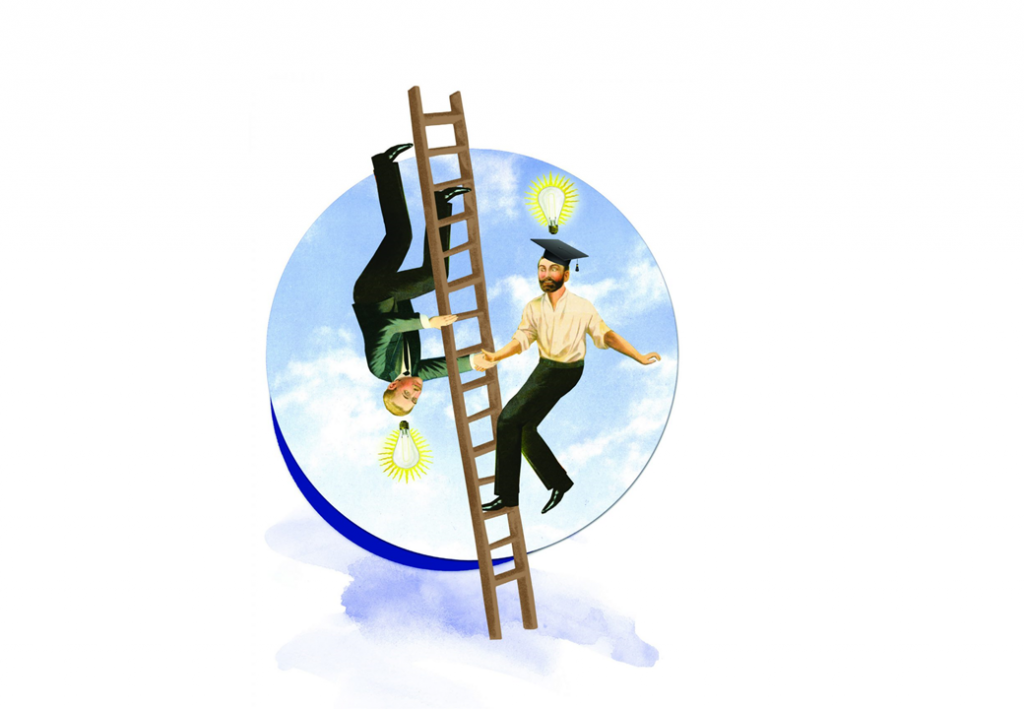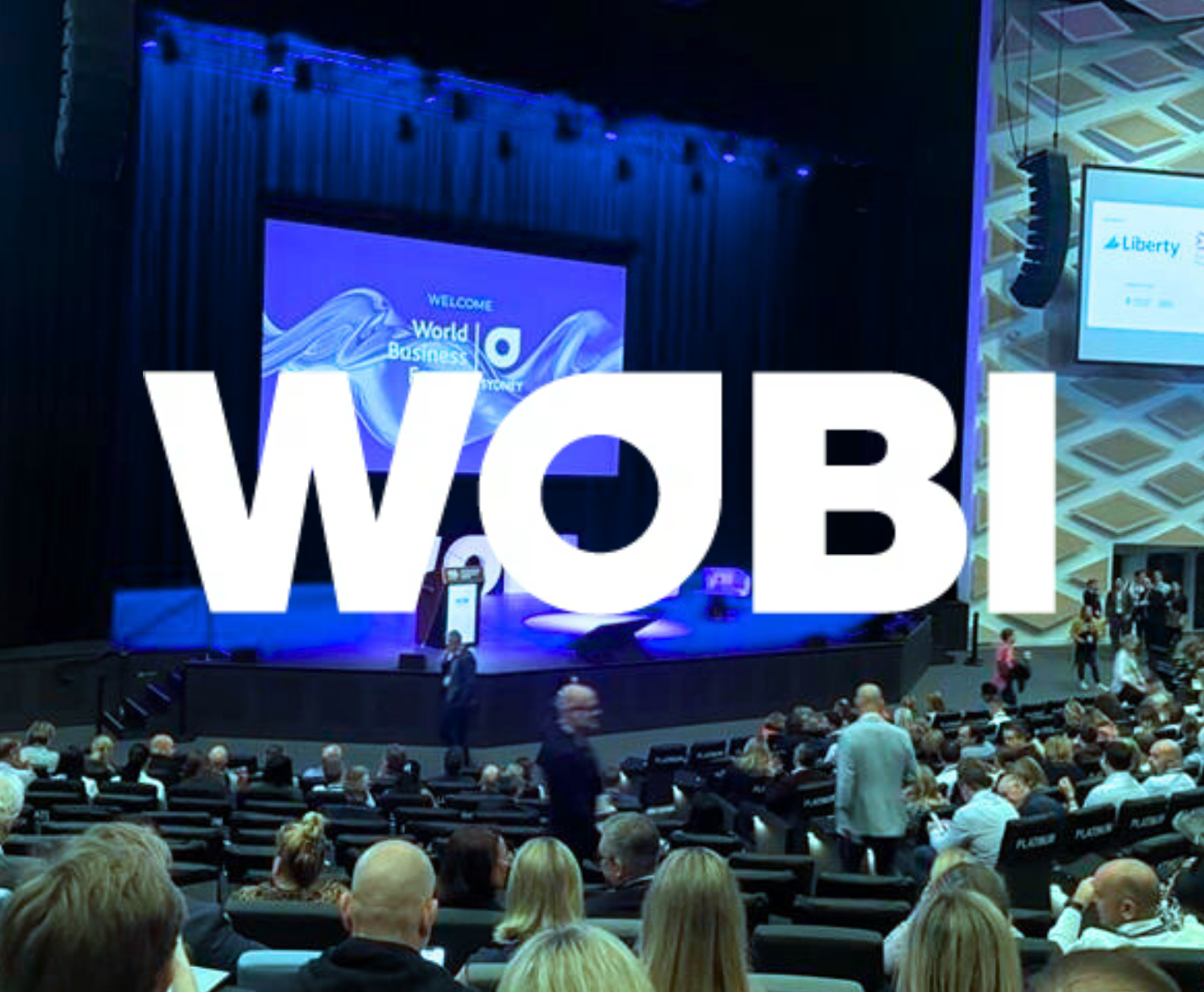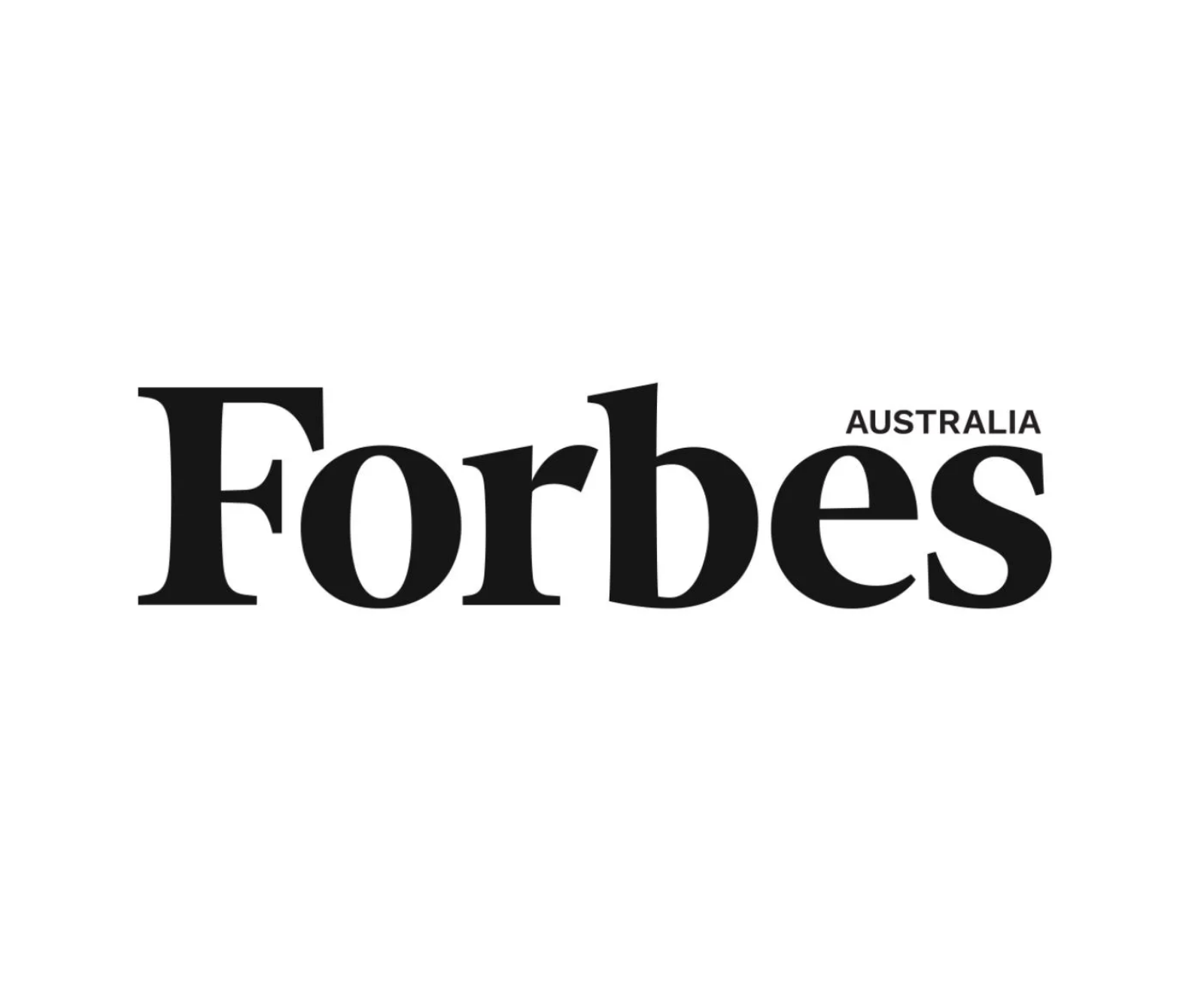More over Millennials, according to Bloomberg, 2019 was the year that demographers predicted that Generation Z (Gen Z) would outnumber them and represent about 32 per cent of the world’s population.
The broad consensus is that Gen Z – aka iGen, aka Centennials – started arriving on the planet around 1995 and kept joining us through to 2012 (we’re now up to Gen Alpha, in case you were wondering). The youngest Gen Zedder alive today is seven years old and the oldest 24.
They’re a complex generation, born into a post-September 11 world, a post-truth society and – they believe – a postprivacy existence. Unlike any previous generation, Gen Z are born fluid, they exist naturally in this fast-paced world, they are native to it. Case in point: the fact that social media means “you can go viral overnight,” says Kaben Clauson, CEO and co-founder of innovative US polling company TruePublic, which collects opinions anonymously via an app.
“In one moment, you could be famous in a positive or negative way,” he says, and Gen Z are completely at home with it.
They are a generation born into the technology world and they don’t fear it, or its possible effects, on their future career and job prospects like many older people do. Yet they choose human contact, prefer face- to-face interaction and: “most young people think they’re going to be worse off than their parents,” says Clauson. “That’s unique to this generation.”
All of this makes it a generation that understands each other deeply. “A Gen Z person will have more in common with someone who speaks a different language and was born in a different country but is from their own generation, than they will with a neighbour from the era above them,” says Brent Duffy, Joint Managing Director of Maximus.
And when it comes to work? They have even higher expectations of the environment, the purpose and the ethos of their surroundings, than that of Millennials. “With the last generation, we saw the rise of open-plan offices, ping-pong tables and scooters,” says Duffy. “Gen Z values autonomy, but they want genuine growth opportunities, too. ‘How am I going to be developed in this role?’ And what connection will I have?’.” They’re also prepared to drive this, unlike generations before, Duffy notes. “Previously Millennials would put this request in the hands of their manager. Gen Z will expect the organisation they work for to clear the path or get out of the way.”
“And while they want the flexibility to, say, work from home,” Duffy says, “they want face-to-face interaction and real connection with the people they work with, too.”

Leaders need to tune-in to the reality that values and purpose truly matter to Gen Z, a trend that Millennials kicked off. Financial incentives and even flexible work are no longer enough to hold them. “This generation won’t think of a job in the way that it has been defined in the past. They will see it as a means to have impact. A job will be a platform. They are experts in platforms: Samsung, Apple, Insta, Snapchat… as long as the leader or organisation can provide the right conditions, they will stay.” But, warns Duffy, “they will also move to a different platform if they’re not getting what they want.”
“Salary has less primacy than before,” adds Clauson. “And Gen Z are much more resilient around the rapidly changing workforces than Millennials – they know they will have to change careers and they’ll have an advantage there. They’re more prepared for the side hustle and the freelance culture is accepted.”
How, then, can leaders effectively and authentically – because Gen Z will call out fakery – connect with the next generation of our workforce? “It’s about mindset and approach,” says Duffy. “Look at how Google has shifted from KPIs (key performance indicators) to OKRs (objectives and key results). Rather than telling the new generation, ‘This is what I want you to do by this date’, it’s communicating to them, ‘This is where we want to take the business, what’s going to be your role in getting us there?’ Leaders need to be really authentic about the true direction and give Gen Z the support and the autonomy to get there.”
“There’s less of an appetite to follow a boss’s orders and do repeatable tasks that someone has given to you,” says Clauson. “Each person wants to create their own autonomous environment and we consistently see that across our data.”
Truepublic posed the following question to Gen Z: Which is the biggest factor in your dream job?
42% Happiness
22% Purpose
21% Money
15% Work/Life Balance
Leaders must actively listen to Gen Z, both to keep them engaged and to leverage their can-do attitude. “Gen Z are digital natives,” says Duffy. “A Gen Xer or Baby Boomer might be frightened that technological disruptors, such as artificial intelligence (AI), will take their jobs. The Gen Z approach is, ‘It’s not going to take my job – I’m going to be the one creating it!’ They really have a growth mindset.”
“This generation have only known exponential change. They are disappointed if the latest iPhone isn’t radically different to the one before. They don’t blink an eye when change in their world is significant. They expect it, want it,” continues Duffy. “I still hear many organisations talking about change fatigue. This next generation doesn’t have any concept of what change fatigue is.”
Maximus consultant George Schneider, himself a Millennial, worked with Gen Z when he was a facilitator at The Global Leadership Institute. “I saw overlap between Millennials and Gen Z – they’re both highly emotionally intelligent and adept at using their access to a lot of information over a wide range of areas,” he says.
This will play into the workforce becoming “less profession-based and more skills-based”, Schneider says. “It will be if you have the skills to perform these particular tasks, rather than are you an accountant or are you an engineer? It’s an entrepreneurial mindset, that you can make something out of nothing. It’s approaching it as ‘OK, I don’t know this yet, but I can learn it.’ Whereas my parents’ generation are in the mindset, ‘This is not something I know, this is not something I can do.’ Gen Z are about test, fail, test again.”
Duffy points out that the fluidity of borders will also have a great impact on employers. Confident in their ability to learn – or to use Google Translate – Gen Z see job potential anywhere they choose. “It means that the competition for talent is intensifying,” says Duffy. “Gen Z have been raised in a borderless environment. Gaming, collaborating, chatting with someone on the other side of the world is not unusual, it’s the norm. They don’t think in terms of national boundaries, like the Baby Boomers for instance, who are a generation defined by war(s) and raised on deep national pride. This new generation will open up global mobility in the workforce like we have not seen before. It will heighten the competition for talent on a global scale.”
It’s not all confidence and clarity, however. This generation also feels disenfranchised from such things as home ownership; they have the ‘preparation gap’ to combat – the space between higher learning and the job skills they will need in the workforce; and a very real burden of mental health. It’s going to be important for leaders to help them navigate these uncertainties, too.
“There’s an unprecedented level of mental-health concerns for this generation,” says Duffy. “Perhaps it’s because they’re more vocal about it than previous generations, but it’s real and we need to pay attention.”
Making sure wellbeing is part of every organisation, leaders should also look for pathways to help Gen Z and plug gaps left by high school and university education. “There’s a common sentiment across this generation known as the preparation gap, they don’t feel work-ready,” says Schneider. “Managers should look at training to give Gen Z skills such as networking, negotiating and conflict resolution, to enable them to apply their knowledge in the workplace.”
It’s up to the incumbent generations to connect and inspire this dynamic group of people. “I am a Gen X leader with more and more Gen Z coming into our firm. I am also raising four Gen Z humans at home,” says Duffy. “I can see they want to have impact. To lead this generation we will need to flip some of the ways we have led in the past. Things like providing context, showing genuine care by leaning into relationships with honesty and being open-minded enough to truly listen to them to unleash the power of their passion.”

A CONVERSATION WITH GEN Z
[Case Study 1]
“I’ve been applying for a few electrician apprenticeships and it’s been a bit more difficult than I expected because everyone thinks we’re coming towards a recession and fearing the worse. I think that will be one of the biggest impacts to my career. Also, everyone’s shifting to a more democratic approach to employment… more ideas coming from each rung of the ladder of the hierarchy. That’s changed a lot and will be completely different from how it was for my parents. For them it was very structured, authoritarian, with the bosses on top and no flexibility in decisions. The casualisation of the workforce is going to impact everyone. It’s cheaper and employers can get whatever skills they want when they need them, without ever having to deal with redundancy pay. They can remove any sector of the workforce with no rules around it. I think job stability would be wonderful – I’d love to stay in a job.” DYLAN, 18
[Case Study 2]
“My main concern about entering the workforce is the lack of opportunity to move between social barriers. Younger people aren’t the first priority for the people in charge. I read something the other day about the top-paid CEOs in America – and it’s much the same as in Australia – they’re getting paid $45 million a year or more while people in their company doing the same amount of work or more get paid minimum wage. It worries me that they don’t want an equal playing field. I don’t see myself working in a corporate job or aspiring to become a CEO. I’m more interested in academia and the histories and I’ll probably become a teacher. But even at school there’s a hierarchy. There are head teachers, normal teachers who are paid less, the principal gets paid double… it’s not an equal workplace. Teachers should be paid more because they’re the foundation of society. Education is what allows you to find gainful employment and do something that you enjoy.” SACHA, 17

[Case Study 3]
“All of my friends are picking their careers out of a desire to help people, which I always just assumed was kind of teenage idealism, but maybe it’s generational. I want to be an economist and what I’d like out of my career is to help people who are disempowered by the system as it is, and who have traditionally been marginalised again. Technology will have a huge impact on the way our generation works, because we’ve grown up with it. I think it will be different in terms of the type and the composition of work that we do. My generation will not have typical nine-to-five jobs in the sense that our parents and grandparents did. So, I think it will be quite disrupted compared to what we have now.” GRACE, 17
[Case Study 4]
“I do lie awake at night worrying about climate change, and I find it really upsetting that most of the adults who are in charge seem to be happy to ignore scientists and not act as they would in a normal crisis. My friends and I have been to all the student climate strikes, and then some adults say we’re just skipping school. No, we’re trying to get your attention. This is so urgent. For a career, I’d like to work in the music industry. You have to be passionate about your work. I’d like to earn a bit of money, but if I have enough to get by, I’d always take the job that’s going to make me happiest.” ROSIE, 15
This article was originally published in the 4th edition of M Magazine, an exclusive print magazine aimed at inspiring and driving change through Australia’s executives and heads of HR.







